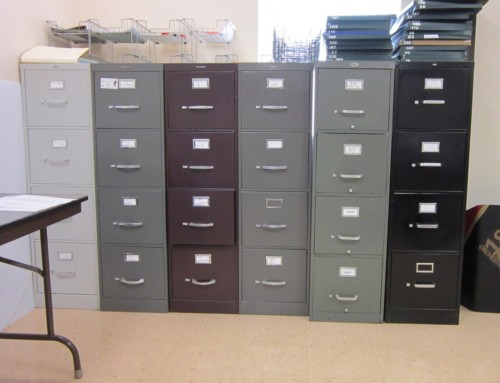
Image credit locanto.in
ZIMSEC O Level Commerce Notes: Money and Banking: Dishonoured cheques and the reason for their being dishonoured
- A cheque is said to be dishonoured if the bank refuses to pay the amount of cheque.
- Thus dishonoring of a cheque means the refusal by the bank to pay the amount of cheque to the payee.
- It is a condition in which the bank does not pay the amount of the cheque to the payee.
Reasons for dishonouring cheques
- Cheques may be dishonoured for any of the following reasons:
- The stated amount in words is different from the amount in figures.
- The cheque is stale i.e it is presented 6 months from the date it was issued.
- There are no funds in the drawer’s account.
- The cheque itself is torn, mutilated or dirty.
- The signature on the cheque does not match the specimen on the bank’s files.
- There are unsigned alterations on the cheque.
- The drawer is legally incompetent or dead.
- The cheque has incomplete details e.g missing data.
- The account upon which it was written is closed.
- The drawer is declared insolvent, bankrupt or specified.
- The drawer has requested that the payment not be honoured.
- The cheque is post dated.
- If the court of law orders the bank to stop payment of the cheque.
- If the account number is not mentioned or if it is not clear or if it is not mentioned clearly.
- If the ordered or crossed cheques are transferred without proper endorsement and delivery.
- If the cheque is missing any other essential details or they are written unclearly.
To access other topics go to the Commerce Notes page.







